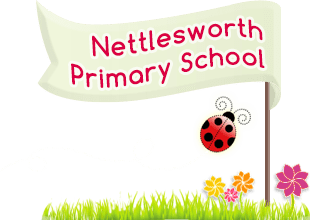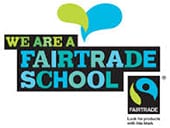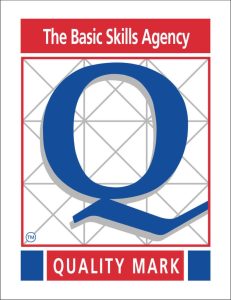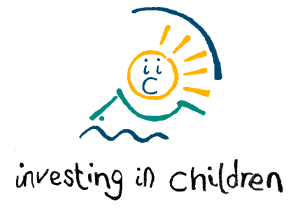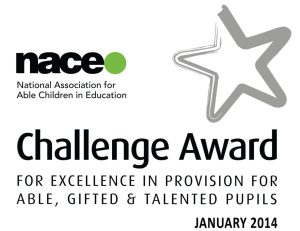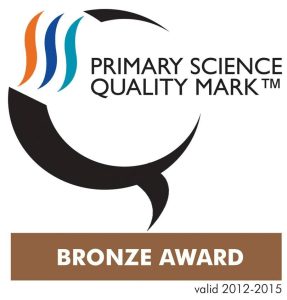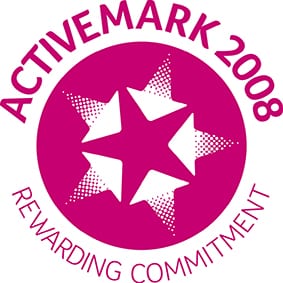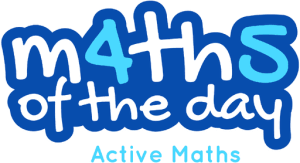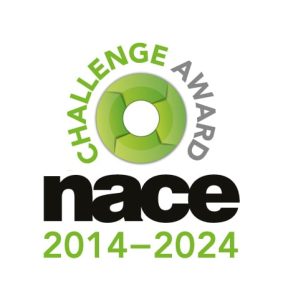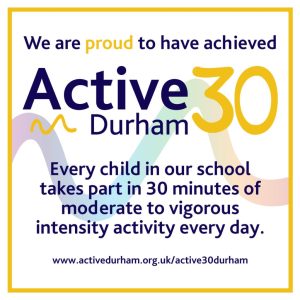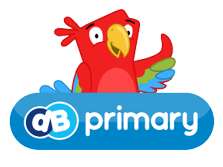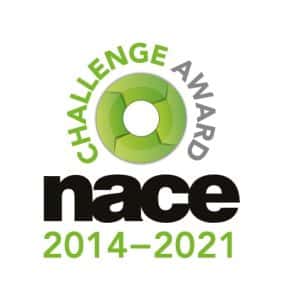Most children and young people in mainstream schools will have their special educational needs met through good classroom practice. This is called Quality First Teaching.
Early Identification of Need
In deciding whether to make special education provision to support educational, social, physical or emotional needs, we:
- Work in partnership with parents/carers, pupils
- Consult with relevant external agencies
- Use assessment tools & materials
- Use observations
- Use Short Notes
- Other
SEN Support
Where a pupil is identified as having a special educational need we follow a graduated approach which takes the form of cycles of “Assess, Plan, Do, Review”.
This means that we will:
- Assess a child’s special educational needs
- Plan the provision to meet your child’s aspirations and agreed outcomes
- Do put the provision in place to meet those outcomes
- Review the support and progress
At Nettlesworth Primary termly assessment is carried out and by staff who work together to moderate children’s work. This moderation is supported by the Local Authority on a regular basis. The school uses a tracking system to analyse data and to identify gaps in children’s learning and to plan appropriate intervention when required. Different children require different levels of support to diminish the difference and to achieve age related expectations.
Children/young people may join Nettlesworth Primary with parents having a clear understanding of their child’s needs and as a school we see parents as partners in their child’s educational journey. In this case we work together with parents/carers and young children/person and education, health and social care professionals to design an individualised SEN Support Plan that describes the child’s needs, outcomes & provision to meet those needs. Parents/carers and child/young person views are integral to the this process.
School staff may initially identify a concern the class teacher alongside the SENDCo will discuss the child’s needs and a meeting with parents/carers and/or the child/young person would be arranged at the earliest opportunity. During this meeting a Short Note would be completed with agreed outcomes for the child/young person and next steps. The next steps may require the involvement of specialist support or advice for example, Educational Psychology, SENDIASS (Parents Advice and Support Service) or another of education health and social care professional. It is important to understand that the involvement of professionals does not always seek to label or diagnose but to seek advice and strategies to enable a child/young person to reach their full potential.
For some concerns, we may discuss the involvement of specialist support, for example, Education Psychology, SENDIASS (support for families) or Occupational Therapy. It is important to understand that the involvement of professionals does not always seek to ‘label’ or ‘diagnose’ children but to seek advice or strategies to help them to reach their full potential.
As part of this approach every child with SEN will have an individualised SEN Support Plan that describes the child’s needs, outcomes & provision to meet those needs. Parents/carers and child/YP (where appropriate) views are integral to the this process.
A small percentage of children and young people with significant and/or complex needs may require an assessment that could lead to an Education, Health and Care Plan.
The purpose of an EHCP is to make special educational provision to meet special educational needs of the child or young person, to secure the best possible outcomes for them across education (SEND Code of Practice p.142). It is a legal document that describes a child or young person’s special educational, health and social care needs. We currently have two EHC Plans.
For more detailed information see the Local Offer
Details of Identification and Assessment of Pupils with SEN
Early identification is the key to what we do. Transition visits to nursery and pre-school settings allow us to very quickly find out important information about a child’s development. Likewise parents/carers can provide a picture of their child’s development at home and help us to piece together a view of the child’s strengths and learning needs.
Once a child enrols within our school they are monitored against EYFS profile by experienced classroom staff. However it is often at this stage that difficulties in areas such as co-ordination or speech and language are picked up. Once a child is identified as needing additional support either from within school or an external agency every effort is made to ensure that help and guidance is provided as quickly as possible.
Class teachers work closely with our SENCO (Mrs Lee) in order to make sure that children’s individual support plans closely match their direct learning need. These plans are monitored and updated on a regular basis and, along with much that we do, has the child and the family at the centre of it.
As a child moves out of EYFS assessment in a variety of areas takes place on a regular basis using age appropriate tests in Reading, Writing SPAG (Spelling, grammar and punctuation) Numeracy and Science. The results of these assessments are used within school to plot areas of strength and future development. Pupil Progress reports to parents three times a year are also given.
The progress of pupils with SEND issues are tracked across the school as a distinct group who’s attainment is matched against other pupil groups within school.
Nettlesworth Primary School prides itself in being very inclusive and will endeavour to support every child regardless of their level of need. All pupils follow the National Curriculum at a level and a pace that is appropriate to their abilities. At times and when it is felt appropriate, modifications to the curriculum may be implemented.
To successfully match pupil ability to the curriculum there are some actions we may take to achieve this:
- Ensure that all pupils have access to the school curriculum and all school activities.
- Help all pupils achieve to the best of their abilities, despite any difficulty or disability they may have.
- Ensure that teaching staff are aware of and sensitive to the needs of all pupils, teaching pupils in a way that is more appropriate to their needs.
- Pupils to gain in confidence and improve their self-esteem.
- To work in partnership with parents/ carers, pupils and relevant external agencies in order to provide for children’s special educational needs and disabilities.
- To identify at the earliest opportunity, all children that need special consideration to support their needs (whether these are educational, social, physical or emotional)
- To make suitable provision for children with SEND to fully develop their abilities, interests and aptitudes and gain maximum access to the curriculum.
- Ensure that all children with SEND are fully included in all activities of the school in order to promote the highest levels of achievement.
- To promote self worth and enthusiasm by encouraging independence at all age and ability levels.
- To give every child the entitlement to a sense of achievement.
- To regularly review the policy and practice in order to achieve best practice.
In terms of what we offer children with Special Educational Needs and/or Disabilities, this is different for every child and it is important to emphasise that, as much as possible, this provision is designed by the relevant Nettlesworth staff members working alongside the child, the child’s family and, where necessary, outside agencies* (e.g. a Speech and Language Therapist or an Educational Psychologist).
We do this so that each child has a programme which is directly tailored to their individual learning need.
Typically, a child with Special Educational Needs and/or Disabilities will have an SEND Support Plan which sets out outcomes that are currently being worked on and what additional provision is put in place for that child. The content of the plan is negotiated, as appropriate, with the child and the child’s family. This is why it is so important that parents/carers attend our Parental Consultation meetings. At every stage of the process both the child and family are held as central to what we do.
For many children, outcomes will be connected to learning and will often be specifically to do with Literacy and Numeracy. For other children, they may be to do with social interaction, communicating with children and adults, emotional difficulties, overcoming physical issues (for example problems to do with fine motor control) … the list is endless! The most important point is this: outcomes depend on the needs of the child.
Children with a support plan are assessed in an on-going manner by class teachers and support staff. Regular reviews of progress towards the targets outlined in the support plan are undertaken by class teachers. SENCO, pupils and parents. Class teachers will regularly inform children and their parents of progress towards targets and new ones negotiated when necessary. This will generally take place at formal parent/teacher meetings but is often also discussed at more informal meetings. Children are informed of progress towards targets on a weekly basis via Next Step feedback comments in work books and verbally by teaching staff.
The school offers many different forms of additional provision. This can include: additional in-class support; additional out-of-class support; one-to-one support; flexible groupings (including small group work); access to specific resources; mentoring; counselling; and access to a wide range of outside agencies*. Additional provision is overseen by the school’s highly-qualified SENCo and is designed and implemented by an excellent team of teachers, ably supported by a fantastic group of teaching assistants. Like with individual targets, the most important point is this: additional provision depends on the needs of the child.
As a school we are constantly reviewing and assessing our intervention strategies and attainment of all children including those with SEND for their impact and effectiveness.
Children who have a support plan are tracked in terms of their progress via class based step trackers. These then allow teachers to track attainment and if necessary put additional intervention strategies in place. The attainment of the SEND group in school is tracked as a distinct cohort throughout the year from starting points in September through to end of year attainment in July. This allows us to evaluate the impact and effectiveness of our provision by comparing the attainment of this group of children with the different cohorts within school and at a national level.
In addition, all Nettlesworth pupils benefit from a range of teaching and learning styles; a differentiated curriculum; a range of differentiated learning materials (both for reinforcement and extension); assessment procedures that emphasise pupils’ strengths and achievements; access to ICT; differentiated booster classes in Year 6; and a broad range of extra-curricular activities (including in the future residential visits in Year 5 and Year 6).
For further information please view or download our Accessibility Plan which can be found in the School Policies section of our website.
